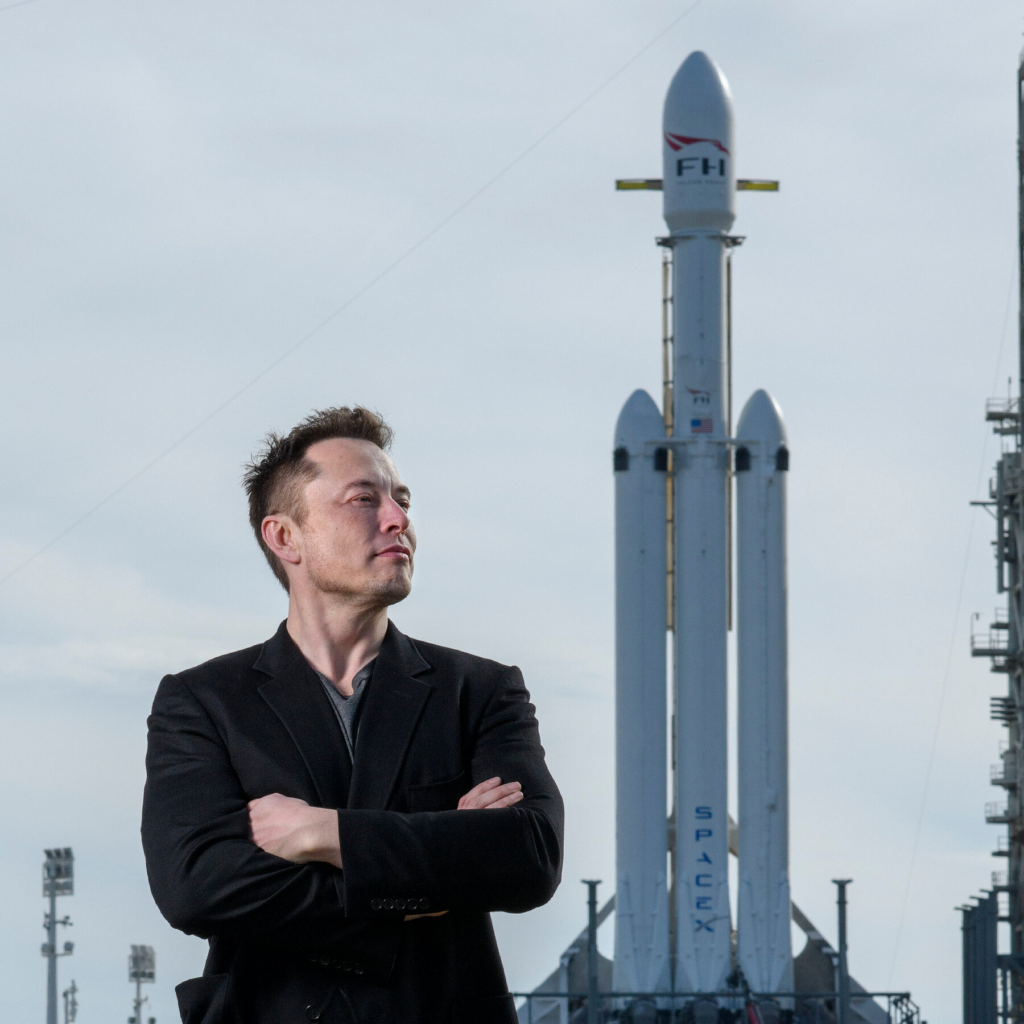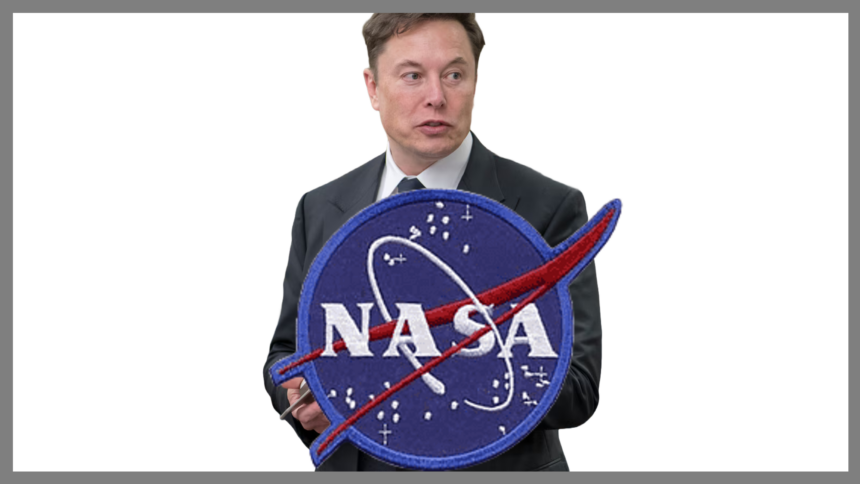The Trump administration’s return brings potential shake-ups to United States space policy. New policies, especially with Elon Musk now closely tied to the new leadership, could be immediate and highly impactful. With Musk’s influence in Trump’s inner circle and his role in establishing the future of space exploration, this unusual alliance could steer NASA and space policy into uncharted territories. Musk’s SpaceX, a dominant force in commercial space ventures, might see its role and influence expand under Trump’s government — possibly at NASA’s expense.
What’s Happening & Why This Matters
As a close Trump ally, Musk gains unparalleled access to influence U.S. space policy. While not officially holding a government position, Musk’s informal advisory role positions him to advocate for SpaceX’s interests, creating potential conflicts between his commercial ambitions and public space initiatives.
- Reevaluating NASA’s Structure: Musk, known for valuing efficiency, might push to streamline NASA’s operations. He’s criticized the agency’s sprawling structure and redundancy, especially its numerous field centers, contributing to bureaucratic bloat. If Musk’s recommendations carry weight, reducing NASA’s budget, especially in non-critical areas, might be on the table.
- The Artemis Program and Mars: Musk envisions humans on Mars, but NASA’s current Artemis program prioritizes lunar missions. This conflict could lead to redirecting resources away from the Moon toward Mars, aligning with Musk’s goals for Mars colonization, possibly at the expense of Artemis. The Space Launch System (SLS), central to Artemis, could also be threatened, as Musk views it as outdated and overly costly.

- Regulatory Changes in Spaceflight: A second Trump administration might favor deregulation, helping Musk secure faster approvals for Starship test flights and Starlink operations. Trump’s earlier push to streamline space regulations under Space Policy Directive-2 may accelerate, reducing barriers to Musk’s ventures.
- Balancing NASA’s International Partnerships: The Artemis Accords and NASA’s international ties, especially with Europe, could face challenges if U.S. space policy pivots heavily towards Musk’s Mars ambitions. Countries wary of U.S.-centric dominance in space, especially one heavily tied to a single commercial entity like SpaceX, may reconsider collaboration.

TF Summary: What’s Next
With Musk’s influence in Trump’s administration, space policy appears set for potential upheaval. Key decisions on NASA’s future, from managing the Artemis mission to partnerships with global agencies, may be reshaped to suit Musk’s Mars-centric vision. The coming months will reveal how Trump and Musk balance national space goals, commercial interests, and international collaborations.
— Text-to-Speech (TTS) provided by gspeech


